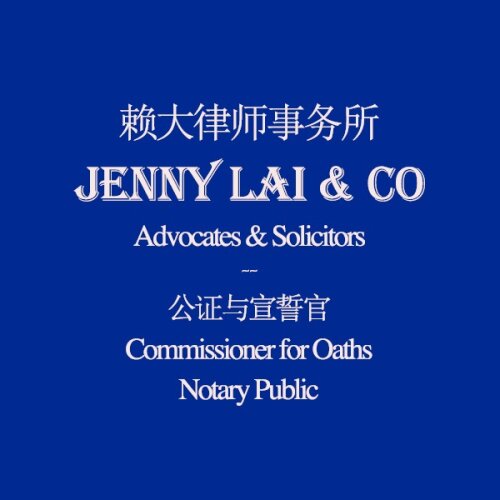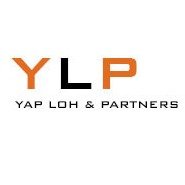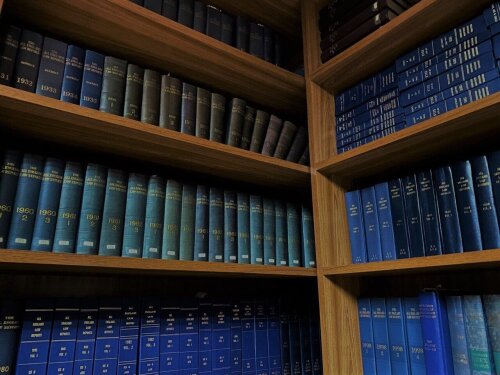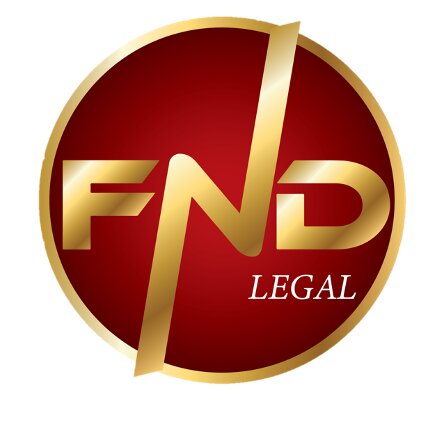Best Real Estate Lawyers in Singapore
Share your needs with us, get contacted by law firms.
Free. Takes 2 min.
Free Guide to Hiring a Real Estate Lawyer
Or refine your search by selecting a city:
List of the best lawyers in Singapore
Singapore Real Estate Legal Questions answered by Lawyers
Browse our 1 legal question about Real Estate in Singapore and read the lawyer answers, or ask your own questions for free.
- Purchasing private property in JB. Seeking lawyer to represent my interest
- Lawyer to handle the transfer of title deeds
-
Lawyer answer by Eman Al Ali Advocates & Legal Consultant
Dear client, we at Eman Al Ali Advocates & Legal Consultants can fully represent you in the purchase process and handle the transfer of the title deed to protect your interests from start to finish.
Read full answer
About Real Estate Law in Singapore
Real estate law in Singapore is a highly developed body of legislation governing one of the most dynamic property markets in the world. The city-state's commitment to maintaining a stable and transparent market has resulted in a legal framework that balances the interests of developers, investors, and residential buyers. Whether you are purchasing a home, investing in commercial property, or involved in a real estate transaction, understanding the legal landscape is crucial. The government plays a pivotal role in regulating the market, ensuring sustainable development, and protecting the rights of all property stakeholders.
Why You May Need a Lawyer
In Singapore, hiring a lawyer for real estate transactions is an essential step to ensure that your interests are protected. Common situations where legal assistance may be required include:
- Property Purchases: Navigating contracts, ensuring compliance with regulations, and understanding financing options.
- Leasing Agreements: Crafting legally sound leases, resolving disputes, and tenant/landlord negotiations.
- Real Estate Development: Managing complex transactions, obtaining necessary permits, and compliance with zoning laws.
- Dispute Resolution: Handling conflicts arising from transactions, defects in properties, or breaches of contract.
- Investment Transactions: Structuring deals, conducting due diligence, and regulatory compliance for property investments.
Local Laws Overview
Several key laws and regulations are instrumental in shaping the real estate landscape in Singapore:
- Residential Property Act: Governs the acquisition of residential properties, especially by non-citizens.
- Land Titles Act: Concerns the registration of land and the protection of ownership rights.
- Conveyancing and Law of Property Act: Outlines the rules regarding the transfer of property ownership.
- Housing Developers (Control and Licensing) Act: Regulates the activities of housing developers to protect buyers.
- Building Maintenance and Strata Management Act: Covers the management and operation of strata-titled properties, including condominiums.
Frequently Asked Questions
What is stamp duty and who must pay it?
Stamp duty is a tax on property transactions paid by the buyer. It applies to documents relating to the sale and lease of immovable property.
Can foreigners buy property in Singapore?
Yes, but with restrictions. Foreigners can buy non-landed properties like condos, but there are restrictions on landed properties and HDB flats.
What are the taxes associated with owning property?
Property owners are subject to property tax, calculated based on the Annual Value of the property and their residency status.
How is a property valuation determined?
Property valuation is typically conducted by a licensed valuer who assesses factors like location, condition, and current market conditions.
What is a Mortgagee Sale?
Also known as a foreclosure, it occurs when a borrower fails to meet mortgage obligations, leading the lender to sell the property to recoup the owed amount.
How do I resolve a dispute with my landlord/tenant?
Many disputes are resolved through negotiation, but you may also consider mediation or legal proceedings if necessary.
What is the process for buying an HDB flat?
It involves eligibility checks, financing arrangements, option-to-purchase agreements, and meeting various HDB requirements.
Do real estate agents need licenses?
Yes, real estate agents must be licensed and registered with the Council for Estate Agencies (CEA) in Singapore.
What is the Option to Purchase (OTP)?
The OTP is a legal agreement that provides a buyer exclusive rights to purchase a property within a specified timeframe.
What happens if I breach a property contract?
Contract breaches can lead to legal consequences, including damages or specific performance obligations. Legal advice is recommended.
Additional Resources
For further assistance or information on real estate matters, the following resources may prove helpful:
- Urban Redevelopment Authority (URA): Offers insights into urban planning and property policies.
- Housing & Development Board (HDB): Primary authority on public housing policies and transactions.
- Singapore Land Authority (SLA): Manages state land and provides property-related services.
- Council for Estate Agencies (CEA): Regulates real estate agency practices.
- Law Society of Singapore: Provides guidance and resources for legal services.
Next Steps
If you require legal advice in real estate, consider the following steps:
- Assess your specific legal needs based on your situation.
- Research and shortlist potential real estate lawyers or firms specializing in property law.
- Schedule consultations to discuss your case and gauge their expertise.
- Engage a lawyer who aligns with your legal needs and budget.
- Prepare all necessary documents and information for your first meeting.
Taking informed steps can ensure a smoother legal journey through Singapore's complex real estate landscape.
Lawzana helps you find the best lawyers and law firms in Singapore through a curated and pre-screened list of qualified legal professionals. Our platform offers rankings and detailed profiles of attorneys and law firms, allowing you to compare based on practice areas, including Real Estate, experience, and client feedback.
Each profile includes a description of the firm's areas of practice, client reviews, team members and partners, year of establishment, spoken languages, office locations, contact information, social media presence, and any published articles or resources. Most firms on our platform speak English and are experienced in both local and international legal matters.
Get a quote from top-rated law firms in Singapore — quickly, securely, and without unnecessary hassle.
Disclaimer:
The information provided on this page is for general informational purposes only and does not constitute legal advice. While we strive to ensure the accuracy and relevance of the content, legal information may change over time, and interpretations of the law can vary. You should always consult with a qualified legal professional for advice specific to your situation.
We disclaim all liability for actions taken or not taken based on the content of this page. If you believe any information is incorrect or outdated, please contact us, and we will review and update it where appropriate.
Browse real estate law firms by service in Singapore
Singapore Attorneys in related practice areas.
Browse real estate law firms by city in Singapore
Refine your search by selecting a city.
















